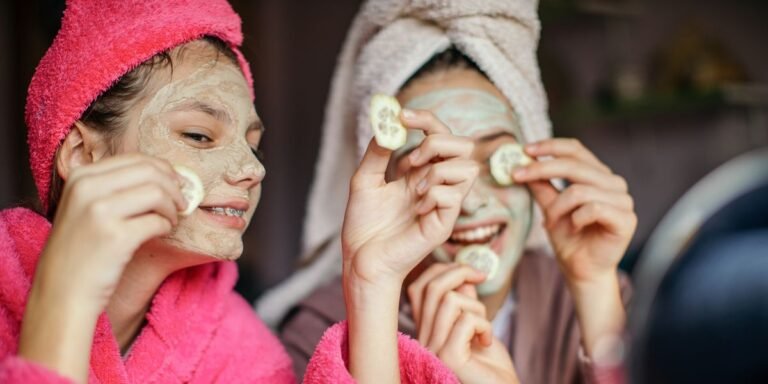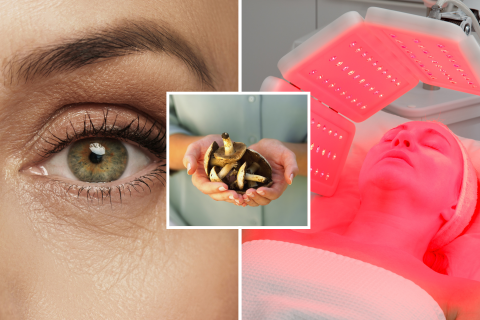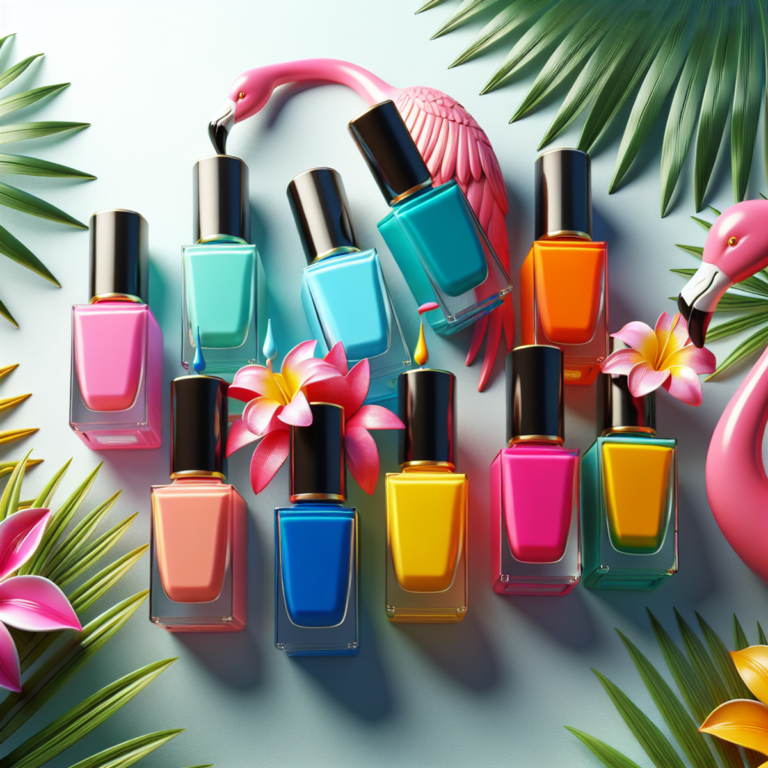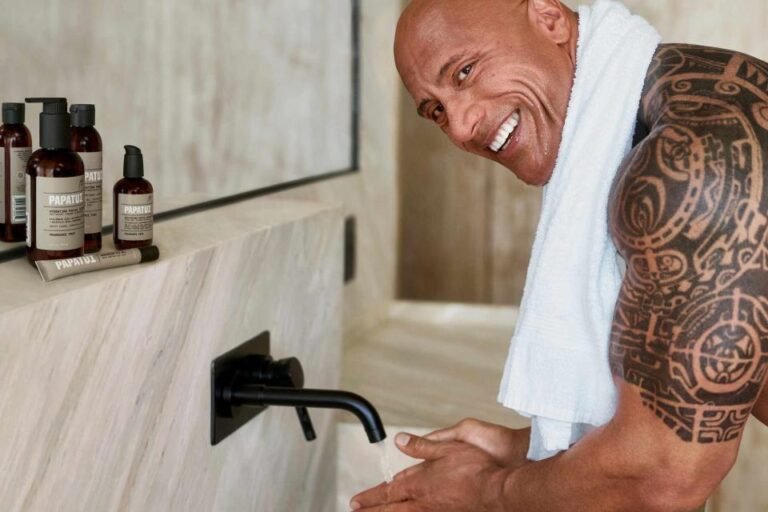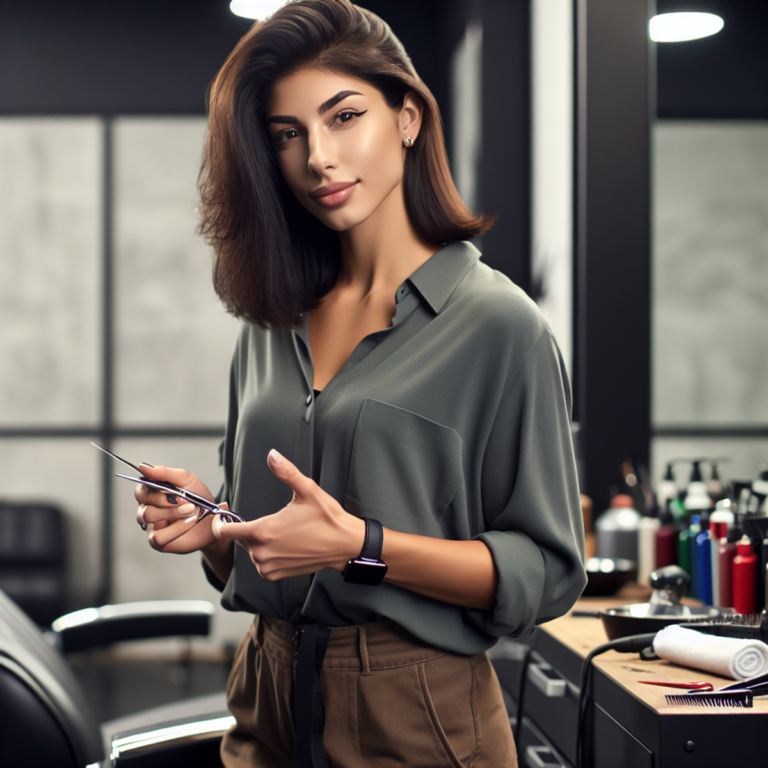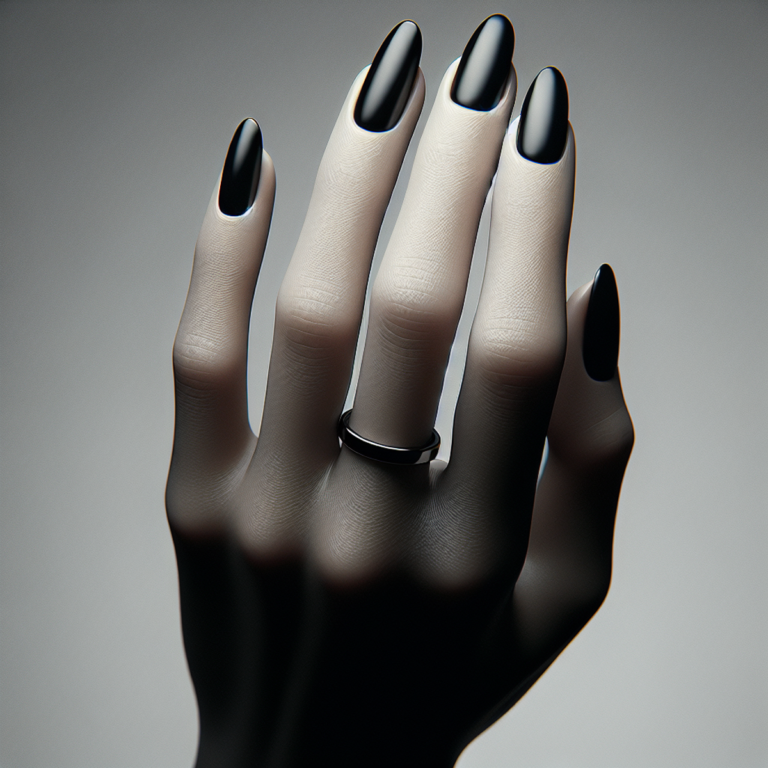here’s how to get rid of a pimple

Introduction
Pimples and acne are common skin issues that many people experience at some point in their lives. These conditions happen when pores get blocked with dead skin cells, excess oil, and bacteria, leading to inflammation and the formation of different types of acne like blackheads, whiteheads, pustules, and cysts.
Acne can be caused by various factors including hormonal changes—such as those during puberty or pregnancy—increased oil production, and the presence of skin bacteria. Understanding what causes pimples and how they develop is essential for finding the right treatment and preventing future breakouts.
In this article, we will explore effective methods to treat and prevent pimples. You’ll learn about quick fixes, makeup solutions for acne-prone skin, face masks, professional treatments for severe cases, long-term skincare routines, and preventive measures to keep your skin clear.
Understanding Pimples
Pimples are mainly caused by clogged pores, dead skin cells, and excess oil production. When hair follicles get blocked with oil (sebum) and dead skin cells, it creates a breeding ground for bacteria, leading to inflammation and the formation of pimples.
Types of Acne
There are different types of acne that you might come across:
- Blackheads: These are open comedones that look like small black dots on the surface of your skin. The black color is due to oxidation, not dirt.
- Whiteheads: Closed comedones that stay beneath the skin’s surface, showing up as tiny white bumps.
- Pustules: Inflamed pimples filled with pus, often red at the base with a white or yellow top.
- Cysts: Large, painful lumps beneath the skin filled with pus. Cystic acne is often more severe and can lead to scarring.
Common Triggers
Several factors can lead to the development of pimples. These include:
- Hormonal Changes: Fluctuations in hormones, particularly during puberty, pregnancy, or menstrual cycles, can increase oil production.
- Increased Oil Production: Excessive sebum production clogs pores more easily.
- Skin Bacteria: Propionibacterium acnes (P. acnes) is a common bacterium found on the skin that can exacerbate acne.
Understanding these causes and types of acne is crucial for figuring out how to get rid of pimples effectively. Whether you aim to know how to remove pimples naturally and permanently or how to get rid of pimples overnight, recognizing these factors will help tailor your approach.
Quick Fixes for Pimples
Ice Application
Using ice on pimples provides fast acne relief by reducing inflammation and redness. This method can be particularly effective if you’re looking for how to remove pimples overnight. Here’s a step-by-step guide on how to do it safely:
- Wrap a few ice cubes in a clean cloth.
- Gently press the cloth against the pimple for about 5-10 minutes.
- Remove the ice and wait for another 10 minutes before reapplying, if necessary.
This application helps constrict blood vessels, reducing swelling and making your pimple less noticeable.
Crushed Aspirin Paste
Aspirin has anti-inflammatory properties that make it an effective spot treatment for pimples. Creating a paste from crushed aspirin can help decrease swelling and redness. Follow these steps:
- Crush one or two uncoated aspirin tablets into a fine powder.
- Mix the powder with a few drops of water to form a paste.
- Apply the paste directly onto the pimple.
- Leave it on for 10-15 minutes before rinsing with lukewarm water.
This method helps reduce inflammation quickly, providing another option for fast acne relief.
Over-the-Counter Treatments
Several over-the-counter treatments are available to address pimples effectively, primarily those containing salicylic acid or benzoyl peroxide.
- Salicylic Acid: Known for its ability to exfoliate the skin and clear clogged pores, salicylic acid is found in concentrations ranging from 0.5% to 2%. It helps remove dead skin cells and excess oil, preventing future breakouts.
- Benzoyl Peroxide: This ingredient targets acne-causing bacteria and helps dry out existing pimples. Available in various strengths (2.5%, 5%, and 10%), benzoyl peroxide is effective in reducing both the size and redness of pimples.
When choosing an over-the-counter product, look for formulations specifically designed for acne-prone skin to maximize benefits while minimizing potential irritation.
By incorporating these quick fixes into your skincare routine, you can achieve rapid results and alleviate the discomfort caused by pimples swiftly.
Makeup Solutions for Acne-Prone Skin
Using makeup can be a double-edged sword for those dealing with acne. However, there are products specifically designed to provide coverage while also targeting breakouts.
Makeup with Salicylic Acid
Certain makeup products contain salicylic acid, an ingredient known for its ability to exfoliate the skin and keep pores clear. These products can help treat existing pimples while providing the desired coverage. Look for foundations, concealers, and powders that list salicylic acid as a key ingredient. Brands like Neutrogena and Clinique offer lines of acne-fighting makeup that combine cosmetic and therapeutic benefits.
Non-Comedogenic Makeup Formulas
Choosing non-comedogenic formulas is crucial for acne-prone skin. These products are formulated to not clog pores, reducing the likelihood of new breakouts. When shopping for makeup, look for labels that explicitly state “non-comedogenic” or “won’t clog pores.” Ingredients to avoid include heavy oils and waxes that can exacerbate acne.
Some tips on selecting the right makeup:
- Read Labels Carefully: Ensure the product is labeled as non-comedogenic.
- Patch Test: Before applying a new product all over your face, do a patch test to see how your skin reacts.
- Mineral Makeup Options: Consider mineral-based makeup, which typically contains fewer irritants and is less likely to clog pores.
By integrating these types of products into your routine, you can manage acne more effectively while achieving the desired aesthetic results. This balanced approach helps maintain clearer skin without compromising on appearance.
Face Masks for Acne Treatment
Face masks can be a powerful tool in your skincare routine. Different types of face masks are specifically formulated to target pimples and reduce inflammation. However, it’s essential to remember that effective acne treatment also involves proper skin cleansing, which is a fundamental aspect of any skincare regimen as highlighted in this article about skin cleansing.
Types of Effective Face Masks
1. Salicylic Acid Masks
Salicylic acid is renowned for its ability to penetrate the pores and dissolve dead skin cells. It helps unclog pores and prevent future breakouts.
2. Benzoyl Peroxide Masks
Benzoyl peroxide works by killing acne-causing bacteria. It reduces excess oil production, making it an ideal ingredient for oily skin types.
3. Sulfur Masks
Sulfur has antibacterial properties and helps dry out the surface of your skin. It reduces oiliness and prevents new pimples from forming.
DIY Mask Recipes
Creating your own face masks at home can be both effective and economical. Here are some natural ingredients known for their anti-acne properties:
1. Honey and Cinnamon Mask
Ingredients: 2 tablespoons honey, 1 teaspoon cinnamon
Instructions: Mix the ingredients into a paste, apply to your face, and leave it on for 10-15 minutes before rinsing off.
Benefits: Honey has antibacterial properties, while cinnamon acts as an anti-inflammatory agent.
2. Tea Tree Oil Mask
Ingredients: 1 tablespoon aloe vera gel, 2-3 drops tea tree oil
Instructions: Mix the ingredients well, apply to affected areas, and leave it on for 10-15 minutes before washing off.
Benefits: Tea tree oil is known for its antimicrobial properties which can help reduce acne-causing bacteria.
3. Oatmeal and Yogurt Mask
Ingredients: 2 tablespoons ground oatmeal, 1 tablespoon plain yogurt
Instructions: Combine the ingredients into a smooth paste, apply to the entire face or affected areas, and let it sit for 15-20 minutes before rinsing off.
Benefits: Oatmeal soothes irritated skin while yogurt contains lactic acid that exfoliates dead skin cells.
Incorporating these masks into your skincare routine can provide noticeable improvements. Aligning these solutions with your specific skin needs will optimize results effectively.
Professional Treatments for Severe Cases
Persistent or severe acne can be frustrating and challenging to manage with at-home remedies alone. When over-the-counter treatments and DIY masks don’t suffice, it might be time to seek professional help. Dermatologists offer a variety of advanced treatment options designed to tackle stubborn acne more effectively.
Cortisone Injections for Acne
One notable professional treatment is the cortisone injection. Dermatologists often recommend this approach for individuals dealing with cystic acne lesions that are swollen, painful, and resistant to other treatments.
Benefits of Cortisone Injections
- Fast-Acting Relief: Cortisone injections work quickly to reduce the size and inflammation of cystic acne. Many patients notice significant improvement within 24 to 48 hours.
- Targeted Treatment: This procedure targets specific lesions directly, making it an efficient solution for isolated problem areas.
- Minimal Downtime: Unlike some other treatments, cortisone injections typically require no downtime, allowing you to continue your daily activities without interruption.
Expected Results and Potential Side Effects
While cortisone injections can provide rapid relief, it’s essential to understand the expected results and potential side effects:
- Expected Results: Most patients experience a noticeable reduction in swelling and redness shortly after the injection. The lesion usually flattens out within a few days.
- Potential Side Effects:
- Skin Thinning: Repeated use can lead to thinning of the skin at the injection site.
- Discoloration: Temporary lightening or darkening of the treated area may occur.
- Scar Formation: In rare cases, improper injection technique can result in scarring.
Consulting with a qualified dermatologist ensures that cortisone injections are administered safely and effectively. They will assess your specific situation, discuss potential risks, and determine if this treatment aligns with your skincare goals.
Long-term Solutions Beyond Home Remedies
Long-term acne solutions require a consistent and tailored approach to skincare. For those struggling with persistent breakouts, adopting a comprehensive skincare routine specifically designed for acne-prone skin can be crucial.
Comprehensive Skincare Routine
- Cleansing: Use a gentle, non-comedogenic cleanser twice daily to remove dirt, oil, and makeup without over-drying your skin.
- Exfoliation: Incorporate chemical exfoliants like salicylic acid or glycolic acid to help unclog pores and remove dead skin cells.
- Moisturizing: Opt for oil-free, non-comedogenic moisturizers to keep your skin hydrated without clogging pores.
- Sun Protection: Apply a broad-spectrum sunscreen daily to protect your skin from UV damage, which can worsen acne and lead to scarring.
Consistency is key in maintaining clear skin over time. Avoid switching products frequently and give your routine at least 6-8 weeks to show results.
Professional Guidance
For chronic breakouts that do not respond well to over-the-counter treatments, consulting a dermatologist can provide access to more potent solutions:
- Prescription Medications: Dermatologists may prescribe stronger topical treatments like retinoids or oral medications such as antibiotics and hormonal treatments.
- Advanced Therapies: Procedures like chemical peels and laser treatments can be highly effective in managing severe acne. Chemical peels use acids to exfoliate the top layer of skin, while lasers target deeper layers to reduce inflammation and bacteria.
A dermatologist can offer personalized advice based on your specific skin type and acne severity, ensuring you receive the most effective treatment plan.
Combining a well-structured skincare routine with professional guidance can lead to significant improvements in managing long-term acne solutions.
Preventive Measures Against Breakouts
Maintaining proper hygiene practices is essential to prevent pimples. Regular cleansing helps remove excess oil, dirt, and dead skin cells that can clog pores. However, it’s crucial not to over-dry the skin barrier. Over-cleansing can lead to compensatory oiliness, which may trigger another cycle of clogged pores and breakouts.
Key hygiene tips:
- Gentle Cleansing: Use a mild cleanser twice daily. Avoid harsh soaps or exfoliants that strip natural oils.
- Consistent Routine: Stick to your skincare routine consistently. Sudden changes can disrupt your skin’s balance and lead to flare-ups.
Incorporating non-comedogenic products into your daily regimen is another important strategy. These products are specially formulated not to clog pores, reducing the risk of new breakouts.
Product recommendations:
- Moisturizers: Opt for lightweight, oil-free moisturizers labeled as non-comedogenic.
- Sunscreens: Use broad-spectrum sunscreens that protect against UV rays without causing acne.
Lifestyle habits also play a significant role in managing acne-prone skin. Stress management is vital as stress can exacerbate acne. Exercise and mindfulness techniques have shown scientific links to reduced incidence rates among individuals prone to developing pimples.
Effective lifestyle habits:
- Stress Reduction: Practices such as yoga, meditation, or deep-breathing exercises can help manage stress levels.
- Regular Exercise: Physical activity improves blood circulation and helps regulate hormones that might otherwise contribute to acne.
Combining these preventive measures with a tailored skincare routine creates a holistic approach to maintaining clearer skin and preventing future breakouts.
Your Path Towards Clearer Skin Starts Now!
Taking action is the first step towards clearer skin. Here’s how to get rid of a pimple: try out the methods discussed above based on your personal preferences. Remember, achieving desired outcomes will take time, so patience and consistency are key.
- Be patient yet consistent: Everyone’s journey to clear skin differs.
- Holistic approach: Combining topical interventions with preventive strategies not only improves physical well-being but also mental health.
- Consult professionals: If you’re unsure about any aspect of your skincare choices, always seek advice from qualified professionals.
Your journey to clearer skin begins now.
FAQs (Frequently Asked Questions)
What are the common causes of pimples?
Pimples are primarily caused by clogged pores, which can result from dead skin cells and excess oil production. Additionally, hormonal changes and skin bacteria can trigger the development of pimples.
How can I get rid of a pimple overnight?
To remove a pimple overnight, you can apply ice to reduce inflammation and redness, create a crushed aspirin paste for spot treatment, or use over-the-counter treatments containing salicylic acid or benzoyl peroxide.
Are there makeup products that can help with acne-prone skin?
Yes, there are makeup products formulated with salicylic acid that provide coverage while simultaneously treating breakouts. It is also important to choose non-comedogenic formulas that won’t clog pores.
What types of face masks are effective for treating pimples?
Effective face masks for treating pimples include those containing salicylic acid, benzoyl peroxide, or sulfur. DIY masks made from natural ingredients like honey or tea tree oil can also help soothe inflamed skin.
When should I seek professional treatment for acne?
You should consider seeking professional help if you have persistent or severe acne that does not respond to at-home remedies. Cortisone injections administered by dermatologists can be a fast-acting treatment option for reducing swelling in cystic acne lesions.
What long-term solutions exist for managing acne?
Long-term solutions for managing acne include adopting a comprehensive skincare routine tailored for acne-prone skin and consulting a dermatologist for personalized advice on prescription-strength medications or advanced therapies such as chemical peels or laser treatments.


